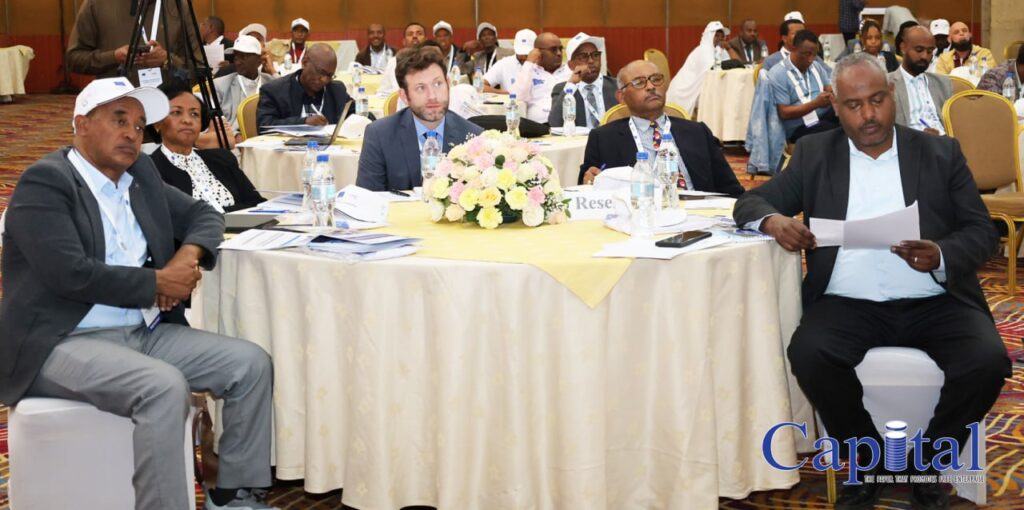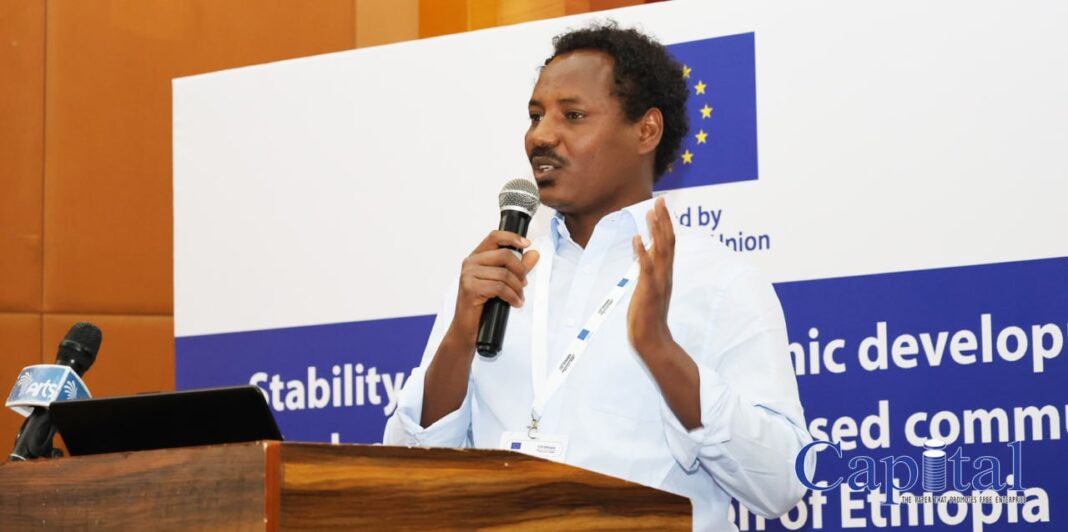The Tigray region of Ethiopia is grappling with a mounting security and social crisis, more than two years after the 2022 Cessation of Hostilities Agreement (CoHA) marked the official end to widespread conflict. Despite the return of formal peace, new waves of gang activity and irregular migration among youth are transforming the landscape, as profound socio-economic challenges threaten to destabilize the region.
A recent Conflict Analysis Report, commissioned by Shalom Training and Advisory Services for CST-Ethiopia and the European Union Trust Fund (EUTF) project, sheds light on the region’s deepening unrest. The findings—based on detailed assessments across eight Tigrayan districts including Mekelle and Adigrat—point to high unemployment, institutional collapse, and pervasive hopelessness as drivers of environmental degradation, criminal activity, and renewed insecurity.
The persistence of war’s destructive legacy is seen in weakened governance and systemic corruption, especially in land administration where disputes over land, water, and grazing rights have intensified. This power vacuum has derailed efforts to resolve local conflicts, leaving communities vulnerable and giving rise to new forms of violence and lawlessness.
Economic collapse has hit youth and former combatants hardest, leading to a spike in crime and illegal enterprises such as gold mining, which has sparked new confrontations between unemployed youth and local farmers. Ex-combatants, lacking reintegration support, have been linked to rising insecurity and violence as they struggle for economic survival.

Urban centers like Mekelle are seeing marked increases in gang-related incidents, armed robberies, and revenge killings, with night-time crimes becoming commonplace. The normalization of violence among young people signals a disturbing shift in the post-war reality.
During the National Peacebuilding Learning Symposium—held under the theme “Partnerships for Peace: advancing social and economic stabilization in conflict-affected communities”—CST Ethiopia’s Country Director Teamrat Belai underscored the inextricable link between peace and development. He emphasized that sustainable peace requires both economic opportunity and social cohesion, especially for vulnerable groups such as women, youth, and displaced persons.
However, the complete breakdown of justice and security institutions has allowed criminality to flourish unchecked. Interviewees expressed alarm that crimes once regarded as alarming have become routine, reflecting the loss of social order.
Desperate youth are increasingly turning to irregular migration toward countries like Saudi Arabia, particularly in districts such as Irob and Gulomakeda, often facing exploitation by human traffickers. Border towns like Rama have become transit points for illegal weapons, smuggling, and trafficking, further complicating the crisis.
As the region faces this fragile crossroads, the report calls for comprehensive interventions that go beyond humanitarian assistance. It urges systematic investment in youth, including vocational training and tailored job creation programs for landless youth, as vital steps to restore hope, address root causes, and prevent a relapse into widespread internal conflict.







